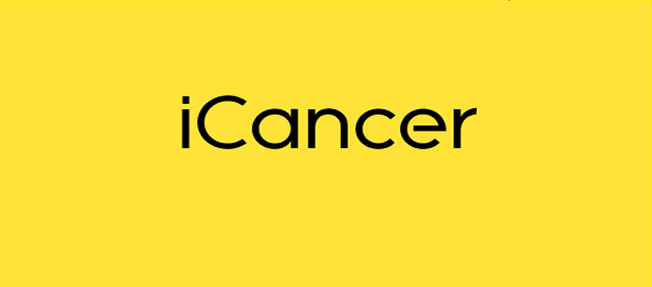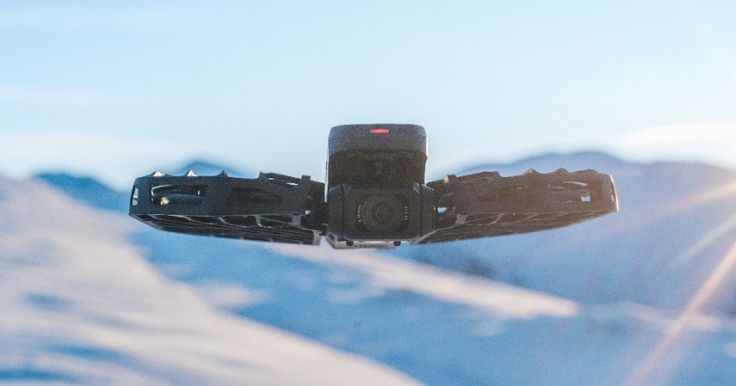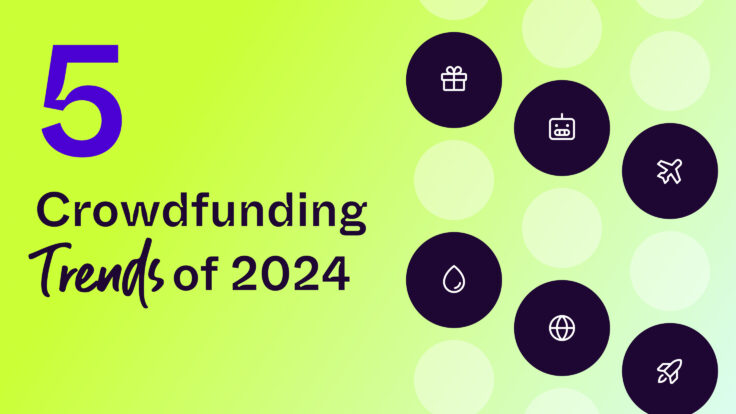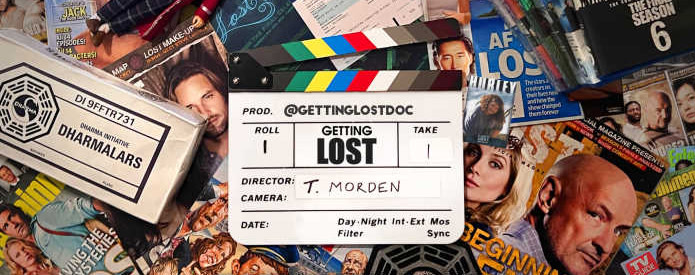In the last few years, the growth of crowdfunding has been marked by campaigns that not only make headlines, but also change the way crowdfunding is used and perceived moving forward. We’ve seen campaigns like bus monitor Karen Klein’s, The Oatmeal’s Tesla campaign, and the Haley’s crowdfunded baby create radical shifts in the crowdfunding world and further broaden the vast potentials of Indiegogo’s open platform.
One such came to do this more recently was iCancer — based out of London, but with ties in Sweden and resonance around the world — which united a global community of people whose lives had been touched by cancer. The goal of the campaign was to raise the funds necessary to get a cancer-killing virus out of a freezer in a lab in Uppsala and into human testing. This hadn’t already been done because the virus, despite its promising potential, had failed the cost-benefit analyses of pharmaceutical companies — despite the benefits, they saw no potential profit in it.
The crowdfunding campaign put the issue of demand into the hands of the crowd — a group motivated by their own personal experiences with cancer and not by profit. The campaign’s team, which was brought together by such shared experiences and the UK’s Telegraph, was ultimately able to bring together 2,246 contributors from around the world (61 countries) and raise over $160,000. Their campaign has also attracted the possibility of outside, larger donations.
Not only was this campaign moving, but it has also potentially signalled a shift in the way scientific research is funded and promoted. By removing the needs of profit-driven enterprise, important discoveries across all fields of science and medicine can now be motivated and achieved by the wants and needs of real-life human beings.
Wanting to hear more about this revolutionary use of crowdfunding from the campaigner’s perspective, we spoke to iCancer’s Liz Scarff, who runs Fieldcraft.co, a communications consultancy working on the cross-section of social media, technology and storytelling:
How did the iCancer team come together?
When Alexander Masters friend was diagnosed with NET, the same cancer that killed Steve Jobs, he started to research treatments. He stumbled across Professor Essand and his anti-cancer virus in Sweden and learnt that Essand didn’t have the money to fund the trials necessary to take the treatment from the bench to the bedside.
He wrote about this in the Telegraph. Dominic Nutt, NET patient and journalist, saw the piece and wrote his own piece in the Telegraph in response. Dom is a friend of mine. I read his piece in the Telegraph and texted him to suggest a crowdfunding campaign. Alexander, Dom and I met up at London Victoria station in a pub. And over 6 pints of beer and a packet of peanuts we decided to launch iCancer, our crowdfunding campaign.
Why did you decide to crowdfund the project and how did you choose Indiegogo?
Because Professor Essand published his findings, he was unable to secure a patent. With no patent, he was unable to attract pharma companies to pay for further research and trials as they would be unable to make any money from it.
This was a stark example of big business putting profit before people. With no other fundraising route left we chose to crowdfund because we knew it was a good idea, and had a hunch/hoped that people would also think it was a good ideas and would want to support it too.
I chose Indiegogo partly because I had been to VidCon in LA and had seen Danae speaking, but also because Indiegogo allowed you to launch campaigns in the UK.
Can you tell me a little bit about your crowdfunding experience?
The most incredible thing was watching the money rolling in and people really, really getting behind the idea and wanting to be part of it. The day we launched we were getting a donation every few minutes. Mashable picked the story up, Pete Cashmore tweeted it, and we had UK celebrities tweeting the link in support. In the first few days, we raised over $20,000. What was most amazing was that we had come from nothing. Many of the fast moving campaigns are often from people who have their own community to tap into – we didn’t have that — the iCancer team really were a group of random people who had come together because of a good idea. (Although admittedly we are a group of communications experts, both on and offline).
What were some non-monetary benefits of your campaign?
For me no social media campaign sits in isolation — integration with traditional media and other disciplines, depending on the campaign goal, are key. The response on social media and in the traditional media allowed us to gain exposure and also build trust. Several big donors have since got in touch with the team in Sweden. In addition many people wanted to donate directly to the University. So our closing figure on Feb 14th was actually over $250,000. Fingers crossed in a couple of months we can announce further news.
How do you think crowdfunding could change the way scientific and medical research gets funded?
Crowdfunding, done right, puts the power of decision back into the hands of the researchers and scientists. I think and hope that iCancer has trailblazed the way forward, changing how research gets funded in the future.
What’s your biggest piece of advice for future crowdfunders in the field (i.e. research)?
Keep your monetary goal small. Break it down into smaller, more achievable goals if necessary.
Be aware that crowdfunding takes a lot of effort. You need to build time into your schedule for keeping your campaign updated, answering questions etc. Be aware of who your audience are – “Who is likely to fund this?” Start there.
What’s next for iCancer?
iCancer has now partnered with two charities. One in the UK and one in the US. This will allow people to make tax free donations. You can do this via the website icancer.org.uk We hope to have some really exciting news in a few months so stay tuned…
Good luck to the iCancer team as they continue to trailblaze in the research world! Be the first to know about exciting crowdfunding campaigns and best practices — subscribe to our YouTube channel!




You must be logged in to post a comment.